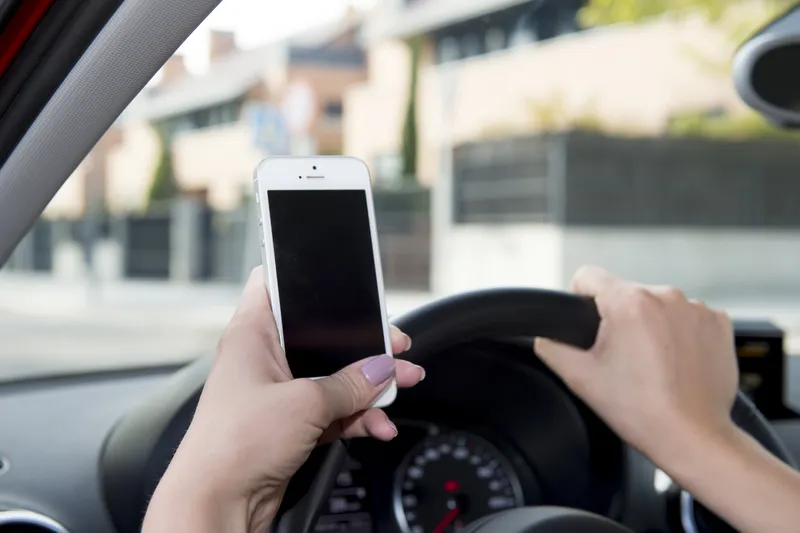Driver safety and compliance solutions specialist
Patrick McLoughlin has suggested that the penalty for using a mobile phone while driving could be doubled from the current three points, while a government spokesman said "Using a mobile phone while driving is extremely dangerous which is why we are considering a number of options to deter drivers."
Julie Townsend, deputy chief executive of road safety charity
Lytx suggests consuming food and drink while driving should also be considered in the distracted driving discussion and is encouraging ministers reviewing current deterrents to consider ways to deter eating and drinking behind the wheel. This is based on Lytx data which shows that drivers who eat and drink while driving are 3.6 times more likely to be involved in a collision than those who don’t.
The data shows that eating and drinking while driving is nearly as dangerous as using a mobile device, which makes drivers 4.7 times more likely to be involved in a collision.
Lytx Europe general manager Paul Jones said: “We know that distracted driving is a significant factor in vehicle collisions. Our predictive analytics show that distractions, which include eating and drinking and use of mobile devices, are among the leading causes of collisions. The message is to remove all distractions and focus on driving safely. Getting into a collision and potentially causing serious injury simply isn’t worth it.
“Over 1,700 people were killed and more than 180,000 people were injured on UK roads in 2013, according to the most recent
Lytx welcomes transport secretary’s focus on distracted driving
Driver safety and compliance solutions specialist Lytx Europe has welcomed news that the UK transport secretary is considering a number of options to combat distracted driving.
Patrick McLoughlin has suggested that the penalty for using a mobile phone while driving could be doubled from the current three points, while a government spokesman said "Using a mobile phone while driving is extremely dangerous which is why we are considering a number of options to deter drivers."
Julie Townsend, deputy chief
July 18, 2014
Read time: 2 mins







